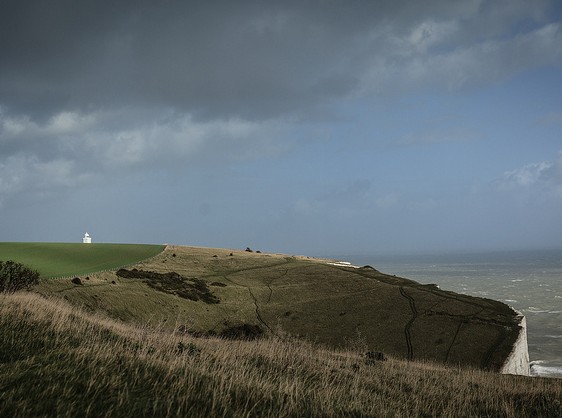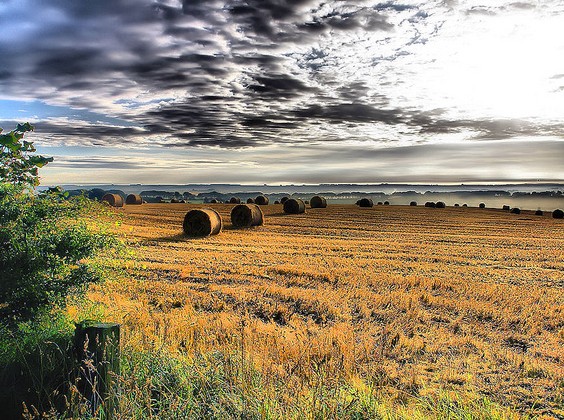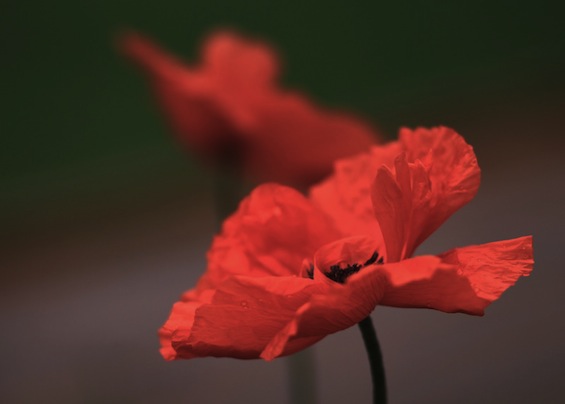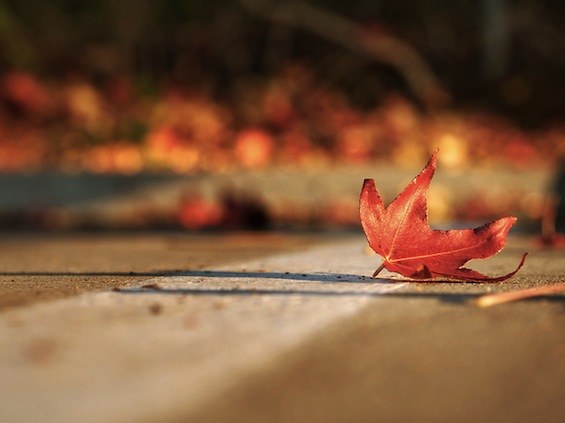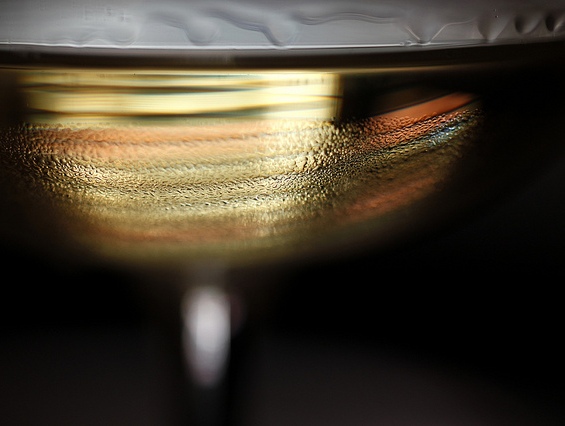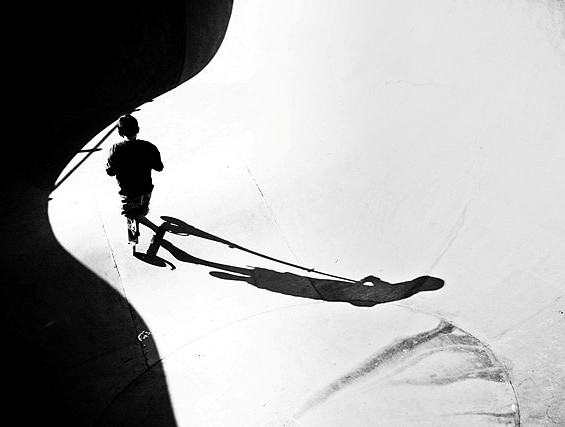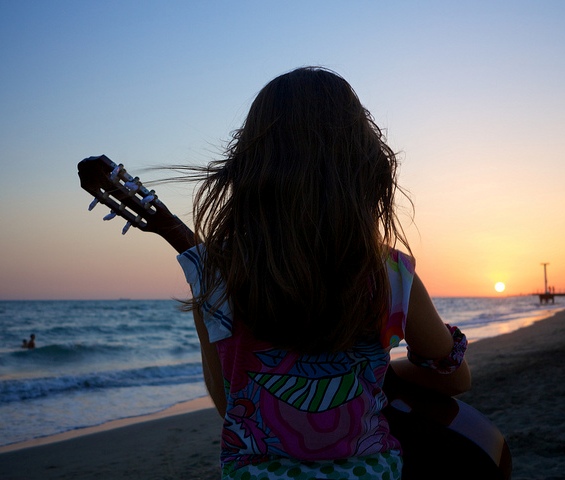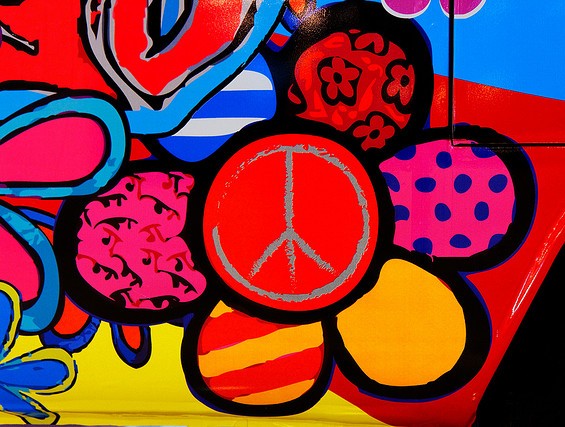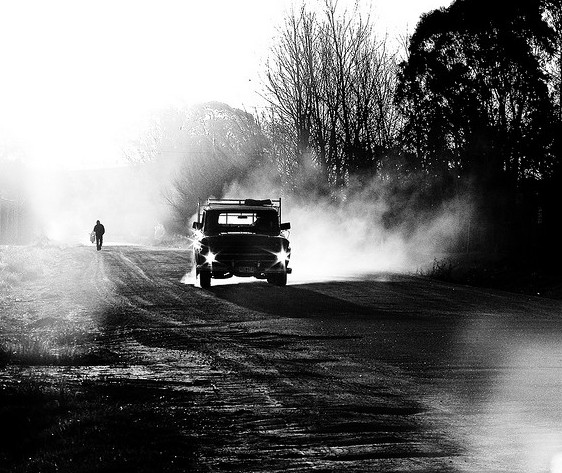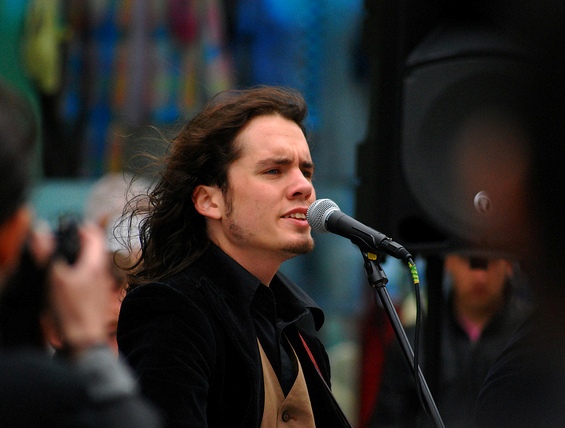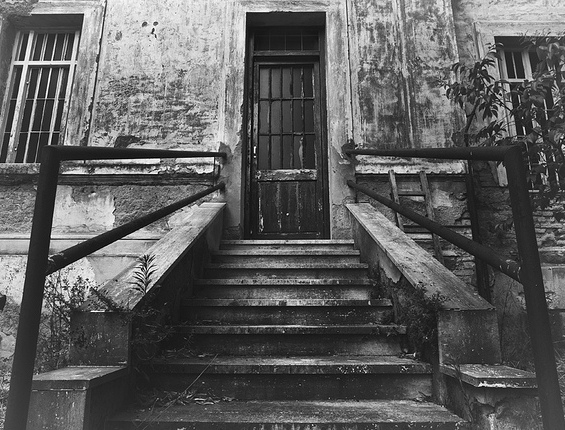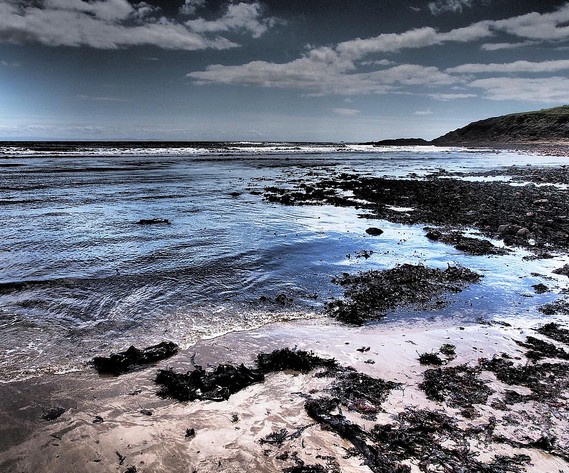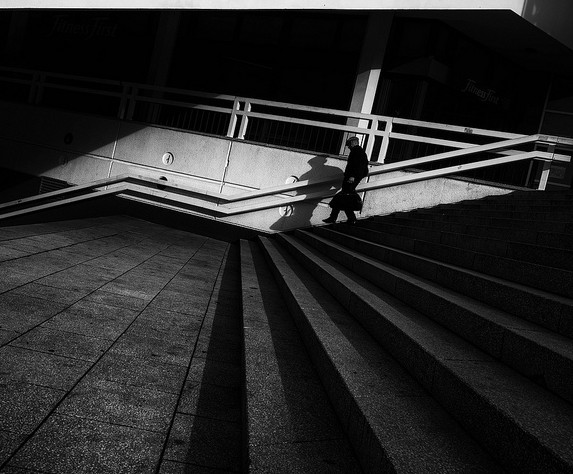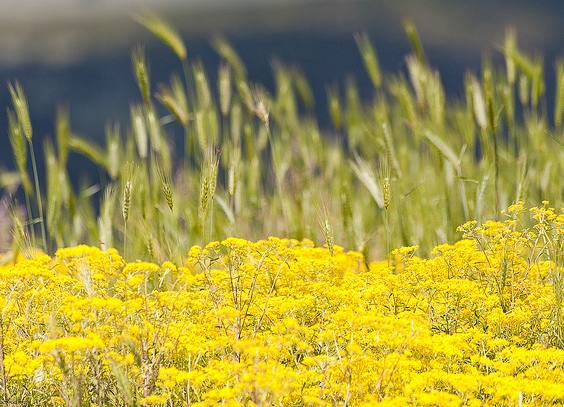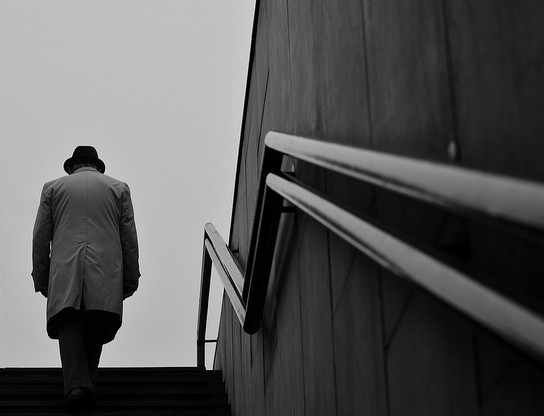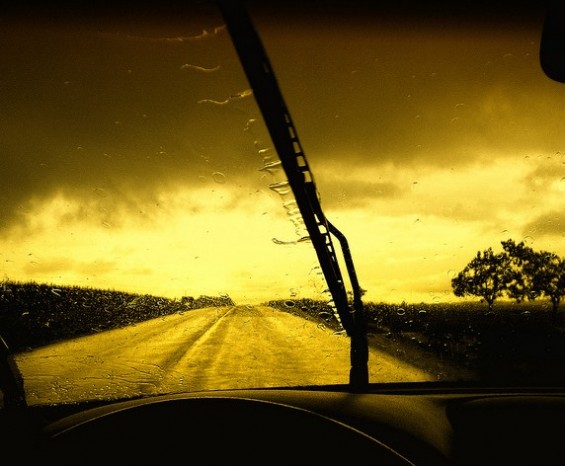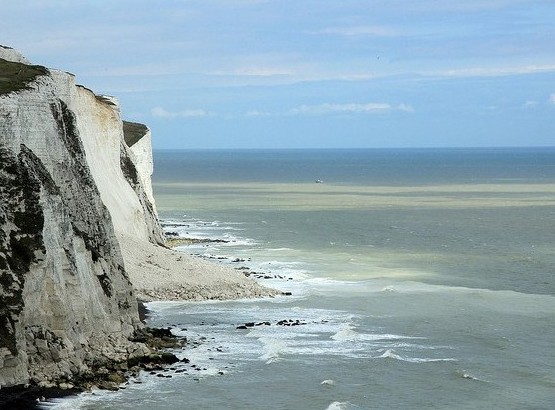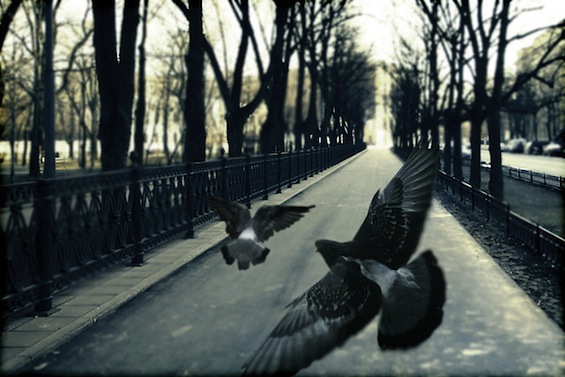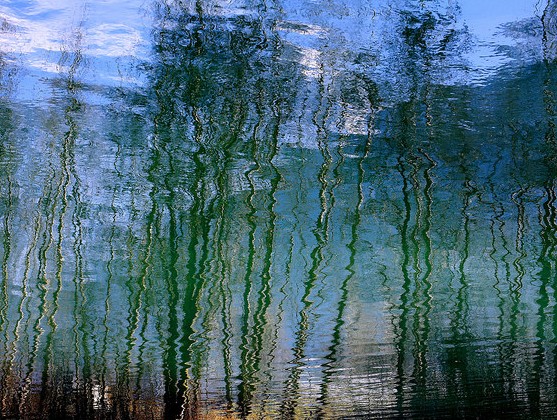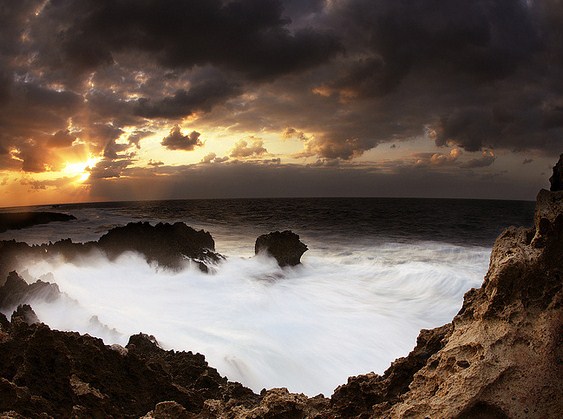Poet Siegfried Sassoon survived World War I and went on to a successful literary career, but he is best remembered for “the War Poems.”
The Poems the Soldiers Read in World War I
World War I was a conflict made for poetry, and it made a lot of it. But what did the soldiers themselves read?
The Most Famous Poem of World War I
The most famous poem of World War I, “In Flanders Fields” by John McCrae, lives on today as the genesis of the Memorial Poppy.
Poets and Poems: Jillian Weise and “The Book of Goodbyes”
“The Book of Goodbyes” by Jillian Weise is a collection of poems that are sometimes raw, sometimes searing, but always arresting and always honest.
Poets and Poems: Aaron Belz and “Glitter Bomb”
Aaron Belz, often associated with the New York School, has a new collection of poems, “Glitter Bomb.” And it is a fun collection to read.
September Beats: Frank O’Hara
Poet Frank O’Hara bridged the Beat poets and contemporary poetry, taking poetry from academia and even the coffeehouses to the streets.
September Beats: Denise Levertov
Poet Denise Levertov is associated with the Beat Poets, but she transcended the Beats to write about war, environment, faith, and the whole realm of life.
September Beats: Allen Ginsberg
Allen Ginsberg started with the Beat Generation and became known for the obscenity trial over his “Howl and Other Poems” and a devotion to protest.
September Beats: Jack Kerouac
Jack Kerouac gave the name to the Beat Generation of writers and poets. In the more than 50 years after his death, he’s become an American legend.
September Beat: The Beat Poets
The Beat poets – Kerouac, Ginsberg, O’Hara, others – were unconventional in their writing and lives, and had a major impact on American culture.
Poets and Poems: Meeting Edgar Allan Poe
A new short biography of Edgar Allan Poe serves as an excellent introduction to an American literary icon.
Poets and Poems: Luci Shaw and “Scape”
Written with a perceptive and understanding eye, the poetry collection “Scape” by Luci Shaw is about the beauty of creation and the creative act.
Poets and Poems: Alexander Blok and “The Stranger”
In his lifetime, Alexander Blok was considered one of the finest of all Russian poets. He still carries that accolade today.
Laura Inman and “The Poetic World of Emily Brontë”
“The Poetic World of Emily Brontë” by Laura Inman is a wonderful way to be introduced to her poetry, seen through the lens of her novel “Wuthering Heights”
Poets and Poems: Boris Pasternak and “February”
“February: Poems” by Boris Pasternak reflect the poet (and novelist’s) experience of living in a Russia marked by war, revolution, civil war, and oppressive communism.
Poets and Poems: Robinson Jeffers and “Selected Poetry”
Robinson Jeffers (1887-1962) was a significant poet in the 1920s and 1930s, and then forgotten until rediscovered by the environmental movement.
The Poetry of World War I
Tim Kendall’s anthology “Poetry of the First World War” explains how poetry came to be so connected with “the war to end all wars.”
Poets and Poems: Marina Tsvetaeva and “My Poems”
Russian poet Marina Tsvetaeva (1892-1941) used love as a compass in her poetry, in the face of monumental tragedies she experienced in her country.
Poets and Poems: Wendell Berry and “This Day”
“This Day, ” Wendell Berry’s new collected Sabbath poems, remind us of the wholeness, consistency and beauty of his literary writing.
Poets and Poems: J.R.R. Tolkien and “Beowulf”
The newly published translation of “Beowulf” by J.R.R. Tolkien is both poetic prose and a reminder of the epic’s influence on “The Lord of the Rings.”
